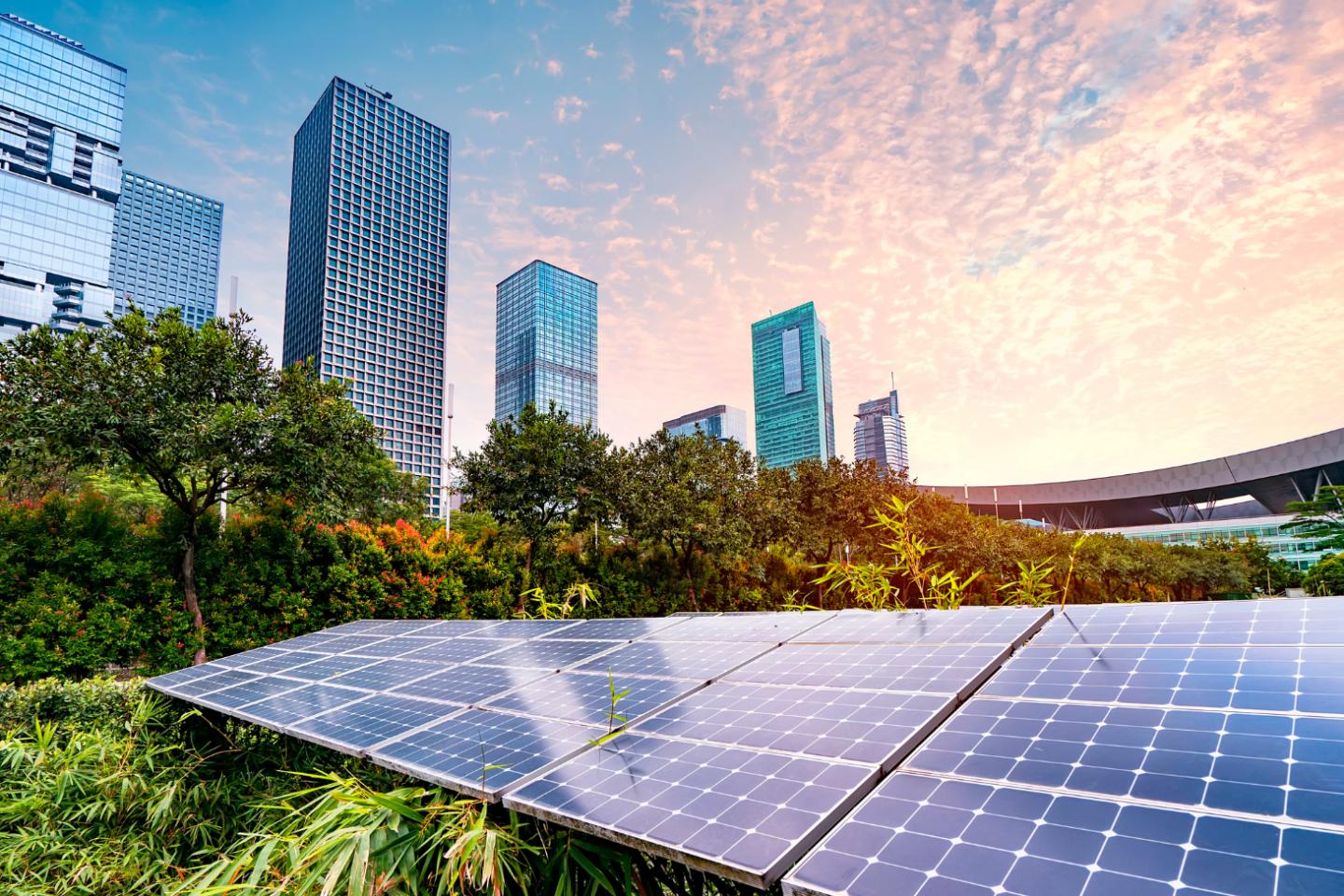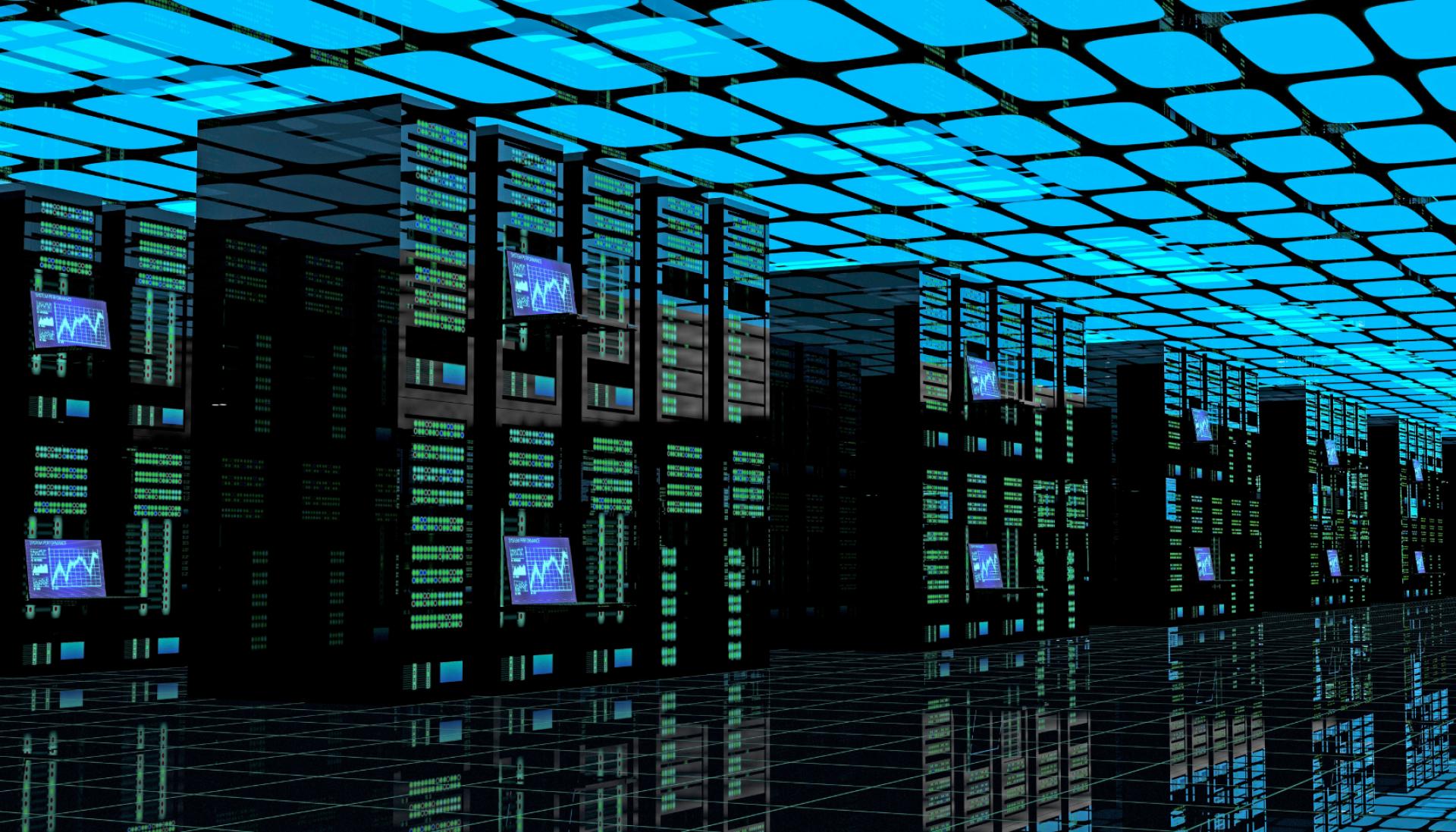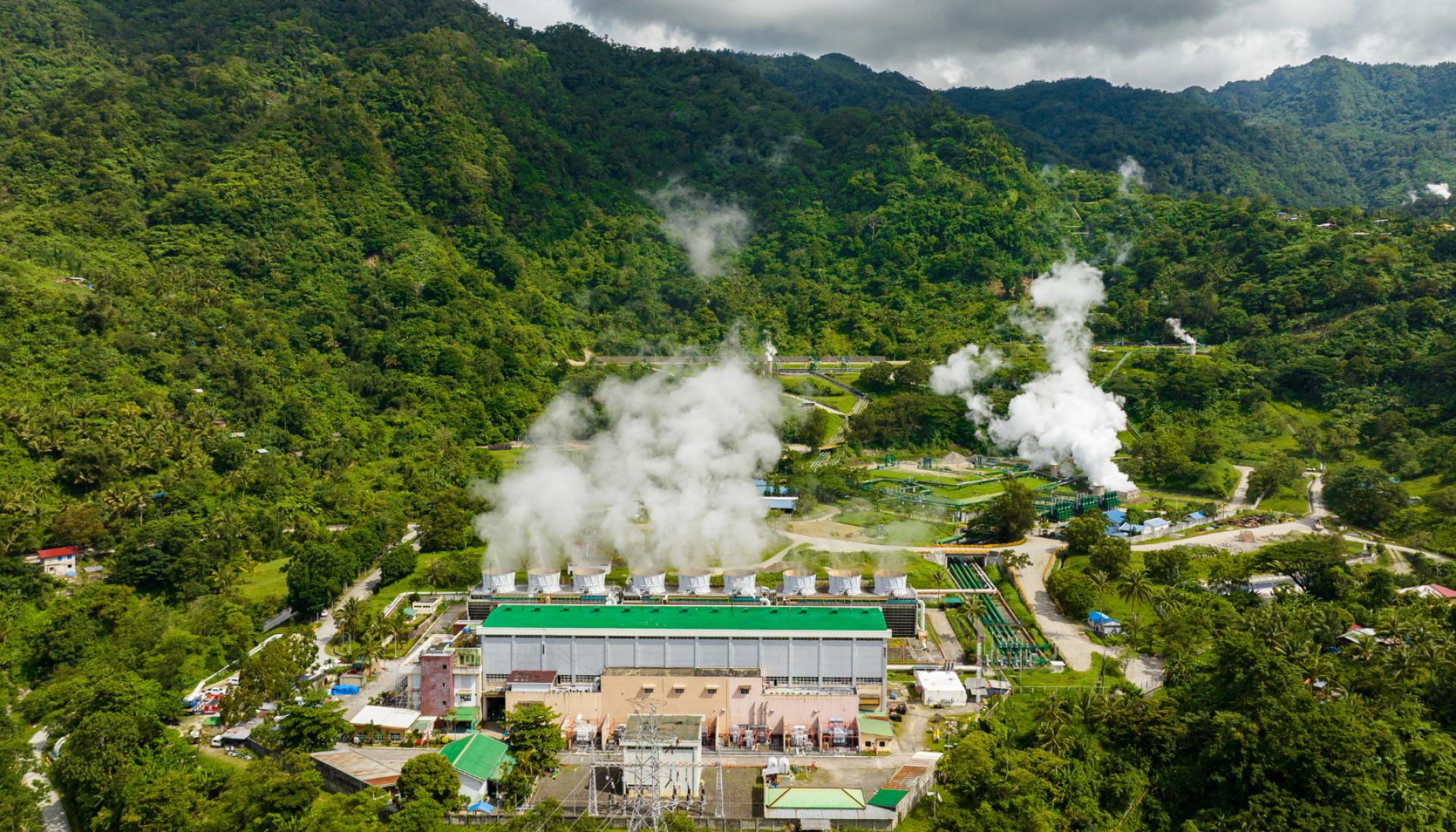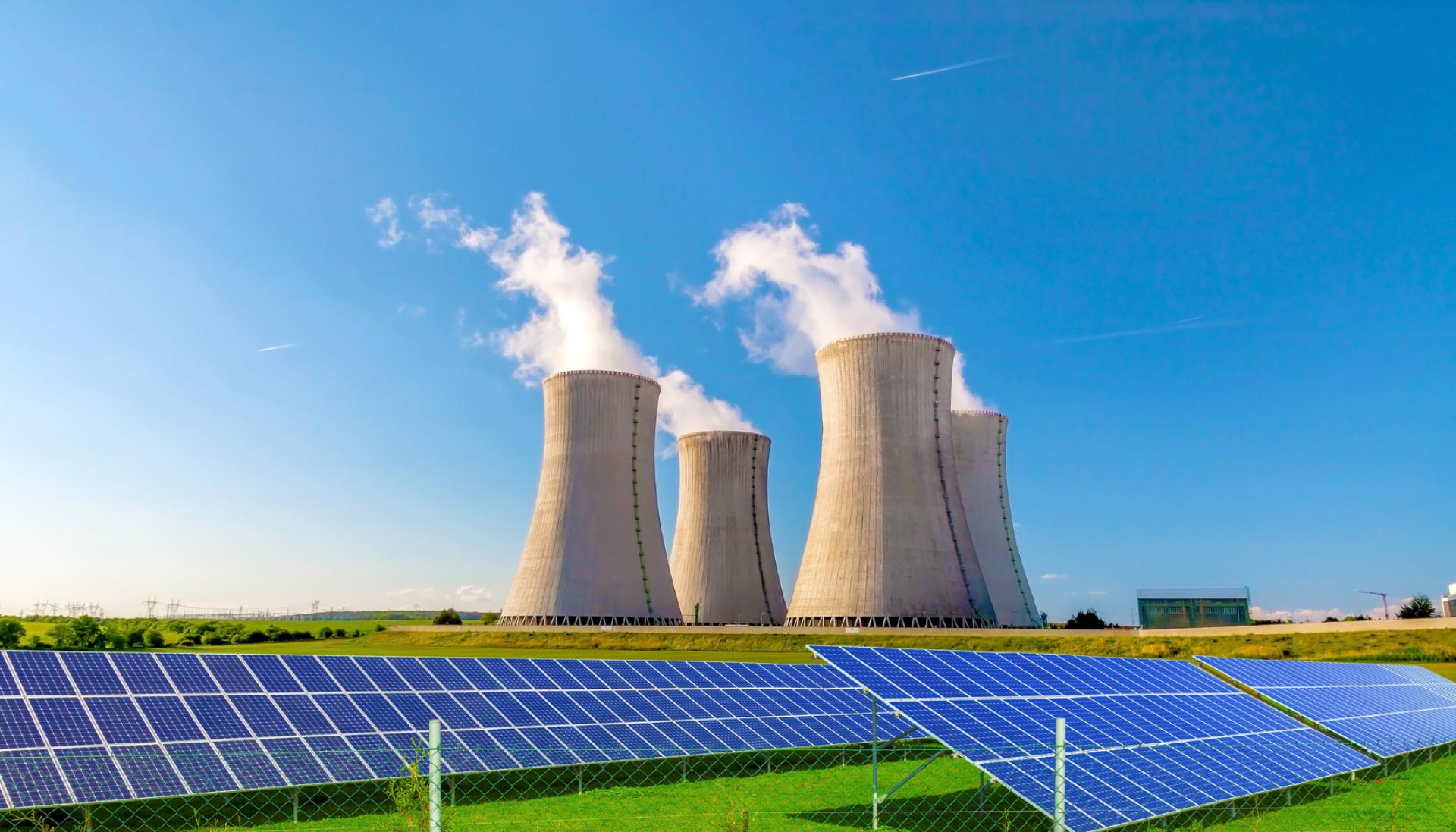
Unlocking the Future: How Renewable Energy Will Power the Data Center Boom
The modern world runs on data. From streaming services and cloud computing to AI and financial transactions, data centers are the backbone of the digital economy. However, these facilities are also among the most energy-intensive infrastructures on the planet. As demand for computing power surges, so too does the need for sustainable and reliable energy sources.
With recent policy shifts, such as the freezing of certain U.S. energy grants, renewable energy development has hit a few speed bumps. But the future remains bright, and nuclear and geothermal power are set to lead the charge in providing sustainable energy for the data center boom.
Is the Energy Grant Freeze a Setback for Renewables?
Recent changes to U.S. energy policy have left many renewable energy projects in limbo. With federal grants frozen or restructured, funding for wind, solar, and emerging clean energy solutions has slowed, creating uncertainty for developers and investors. This policy shift could delay critical infrastructure developments and make it harder for data centers to transition to greener energy sources. Without continued financial backing, some projects may struggle to reach commercial viability, leaving data centers more reliant on fossil fuels.
Despite these challenges, the momentum for renewable energy remains strong. Private sector investment in clean energy is growing, and alternative solutions – especially nuclear and geothermal energy – are emerging as powerful contenders when it comes to meeting the increasing electricity demands of data centers.

Data Centers and the Growing Appetite for Renewable Energy
The digital economy is expanding at an unprecedented rate, with global data center energy consumption expected to increase significantly in the coming years. These facilities require a constant, high-power energy supply, making reliability a top priority. Traditional renewables like wind and solar are effective, but they face intermittency challenges and create hurdles for large-scale implementation in data centers.
To keep up with demand while reducing carbon footprints, companies are seeking out energy sources that offer both sustainability and stability. This is where nuclear and geothermal energy come in, providing consistent, round-the-clock power without the emissions of fossil fuels.

The Future of Clean Energy for Data Centers
Unlike wind and solar, nuclear and geothermal energy offer dependable, around-the-clock power generation. Nuclear energy, which is often overlooked in renewable conversations, produces zero carbon emissions and is capable of delivering massive amounts of energy with minimal land use. Small modular reactors (SMRs) are particularly promising, offering a scalable and safer approach to nuclear power that could be deployed directly near data centers to reduce transmission losses.
Geothermal energy is another resilient, low-carbon solution that harnesses the Earth’s natural heat to generate electricity. Unlike solar and wind, which depend on weather conditions, geothermal provides a steady supply of energy with minimal environmental impact. As technology improves and drilling techniques advance, the potential for geothermal energy to scale and power large data center operations is becoming increasingly feasible.
Case Studies: Data Centers Leading the Renewable Charge
Tech giants are already taking bold steps in integrating nuclear and geothermal energy into their infrastructure. Google has made headlines by investing in nuclear energy to power its next-generation data centers. By partnering with firms that specialize in advanced nuclear technology, Google is securing a carbon-free power source that ensures energy reliability without compromising on sustainability.
Microsoft, on the other hand, has turned to geothermal energy for one of its major data centers. By tapping into underground heat reservoirs, Microsoft is demonstrating how geothermal energy can provide a long-term, sustainable power solution for high-demand digital infrastructure.

Unlocking Renewable Potential
The transition to renewable energy for data centers is not just about technological feasibility. It’s also about policy and investment. Governments must create incentives for nuclear and geothermal projects, making sure that they receive the same level of support that wind and solar have historically enjoyed. Streamlining regulatory approvals for nuclear reactors and expanding research into geothermal energy extraction will be key in making these solutions more accessible and scalable.
Investors and energy providers also have a role to play. With private sector funding in clean energy growing, now is the time to accelerate the deployment of next-generation power solutions. If key players collaborate effectively – tech companies, policymakers, and energy innovators – data centers can transition into a new era of clean, reliable energy.
A Sustainable Future for Data Centers
Data centers are the beating heart of the digital economy, and their energy consumption will only continue to rise. While recent policy changes have introduced hurdles for renewable energy development, the long-term outlook is still promising. Nuclear and geothermal energy offer game-changing solutions that could provide the sustainable, stable power data centers need to thrive.
By investing in advanced clean energy infrastructure and shaping forward-thinking policies, stakeholders can see that the data center boom is powered by innovation, not pollution. The future of digital infrastructure is green, if we have the foresight to embrace it.
If you'd like to get in touch to discuss recruitment for your business, please contact Will at [email protected]



